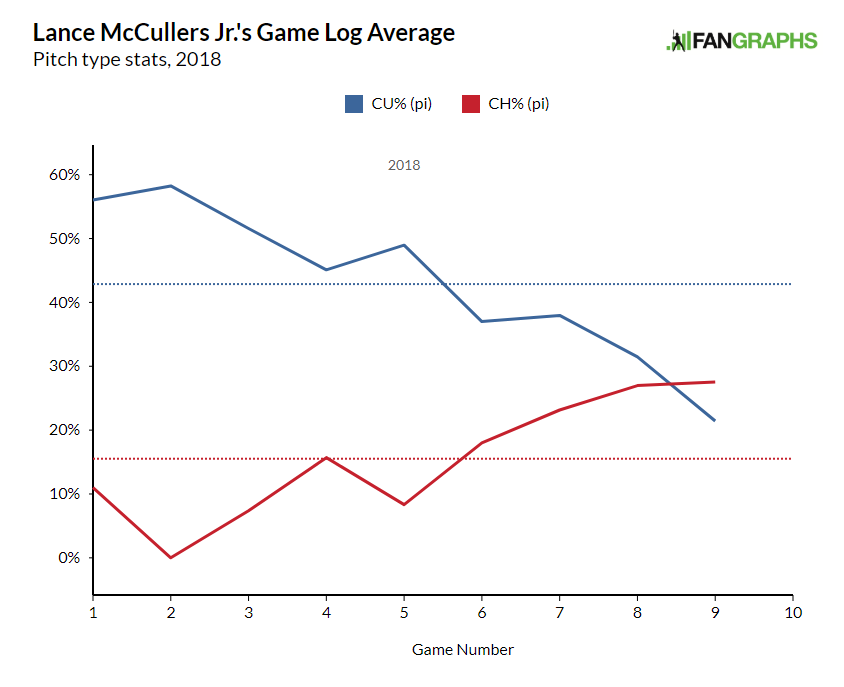Fringe Five Scoreboards: 2017 | 2016 | 2015 | 2014 | 2013.
The Fringe Five is a weekly regular-season exercise, introduced a few years ago by the present author, wherein that same author utilizes regressed stats, scouting reports, and also his own fallible intuition to identify and/or continue monitoring the most compelling fringe prospects in all of baseball.
Central to the exercise, of course, is a definition of the word fringe, a term which possesses different connotations for different sorts of readers. For the purposes of the column this year, a fringe prospect (and therefore one eligible for inclusion among the Five) is any rookie-eligible player at High-A or above who (a) was omitted from the preseason prospect lists produced by Baseball Prospectus, MLB.com, John Sickels, and (most importantly) FanGraphs’ Eric Longenhagen and Kiley McDaniel* and also who (b) is currently absent from a major-league roster. Players appearing on any updated, midseason-type list will also be excluded from eligibility.
*Note: I’ve excluded Baseball America’s list this year not due to any complaints with their coverage, but simply because said list is now behind a paywall.
For those interested in learning how Fringe Five players have fared at the major-league level, this somewhat recent post offers that kind of information. The short answer: better than a reasonable person would have have expected. In the final analysis, though, the basic idea here is to recognize those prospects who are perhaps receiving less notoriety than their talents or performance might otherwise warrant.
*****
Austin Dean, OF, Miami (Profile)
Selected by Miami in the fourth round of the 2012 draft out of a Texas high school, Dean appeared — when Eric Longenhagen published the Marlins list in February of 2017 — to have fallen into a sort of prospect netherspace, possessing too little footspeed and athleticism for center field but too little offensive ability to sustain a corner-outfield role. The Marlins’ assignments appeared to indicate a lack of enthusiasm, as well: after passing all of the 2016 and -17 seasons at Double-A, Dean began the present campaign there, as well.
In this case, however, Dean quickly earned a promotion, producing a strikeout rate and isolated-power mark that still rank second and sixth, respectively, among the 97 total Southern League batters to record at least 80 plate appearances. The early returns at Triple-A have been promising for a player in his first exposure to a new level. In particular, Dean’s contact skills have translated well: among batters with 50 or more plate appearances, Dean’s strikeout and swinging-strike rates place in the 91st and 97th percentile. Meanwhile, he’s produced roughly league-average power numbers. While the offensive burden of a corner-outfield role remains high, Dean could probably survive with slightly less power on contact than most given his bat-to-ball skills.
Read the rest of this entry »


